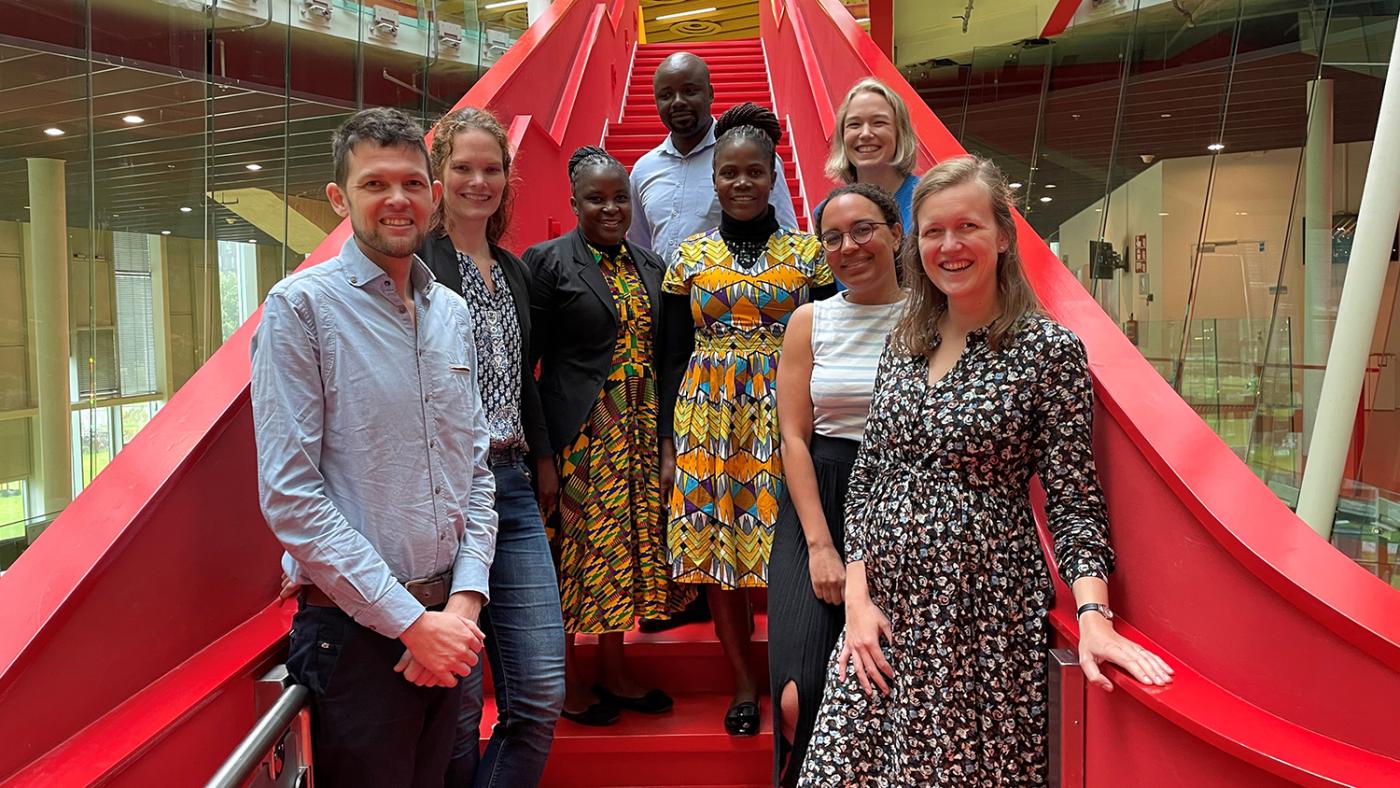Entire education budget gone
Cuts to development aid budget also affect higher education

Dutch interests should be prioritised when distributing development aid, writes the Minister of Foreign Affairs, Reinette Klever (PVV), in a letter to the House of Representatives. "We will gradually stop projects aimed at gender equality, vocational and higher education, and sports and culture," informed the minister.
The announcement doesn't come as a surprise as the coalition agreement had already given a preview of what was to come. The document said: "When it comes to development aid, the cabinet will focus on areas in which the Netherlands has a presence and an interest, such as water management and food security." In the eyes of this cabinet, the Netherlands is less interested in development aid involving education and research.
The slice for educational projects within the development aid budget, which amounted to 70 million euros per year, will be scrapped completely. There will be no "long-term vocational and higher education programme in Africa, including a scholarship programme," writes Klever. The previous cabinet had announced such a programme.
Orange Knowledge
The cabinet's new course of action is already making itself felt. After seven years, Nuffic's Orange Knowledge Programme has been cancelled. The programme funded almost 10,200 study and research grants, as well as training and collaborative projects. It was active in Africa, Asia, South America and the Middle East. The subjects included food safety, the rule of law, sexual health and water.
Interests are being undermined
The disappearance of these grants has consequences for the International Institute of Social Studies (ISS) at Erasmus University, in Rotterdam, where many students from developing countries study. The number of students has halved from 150 to 75.
Ruard Ganzevoort, rector of this institute and a senator for GroenLinks (GreenLeft) until recently, believes that the cutbacks in development cooperation undermine Dutch interests. In his view, the Netherlands has ambassadors all over the world thanks to these programmes. "And now we are cutting back on that."
ISS is seeing whether it can attract students who can pay for their studies or receive a scholarship from their own country. However, students from Africa are mostly dropping out now, even though the cabinet says it wants to do more business with African countries. Ganzevoort: "Dutch companies need well-educated employees there. If they have studied here, they will also know better how the Dutch think."
Reorganising research groups
Wageningen is also feeling the pinch. A research group for innovation in development aid, which employs around eighty people, is already facing redundancies, explains researcher Bart de Steenhuijsen Piters. "A huge chunk of our funding has been cut." A considerable number of employees will have to leave or find something else to do, as temporary contracts will not be renewed.
De Steenhuijsen Piters considers the cuts to the development aid budget as a tragic missed opportunity. Development aid has become a target for austerity measures due to criticism from both sides of the political spectrum. "The right claims that the aid was ineffective, that it was all money down the drain that could have been better used for domestic purposes. As for the left, they say that self-interest prevailed and the aid was post-colonial because we pushed our agenda and used it to protect our economic interests."
Cultural anthropology
Other universities are also researching development aid or cooperation. Nijmegen has just appointed a new professor of Anthropology and Development Studies, effective on March 1. He comes from the University of Amsterdam, where such research also has a place.
About 1,600 Bachelor's students in the Netherlands follow programmes in Cultural Anthropology & Development Sociology (which are offered by the two universities in Amsterdam, as well as Nijmegen, Leiden and Utrecht). In addition, 244 people study International Development Studies in Wageningen. At the HBO level, Van Hall Larenstein University of Applied Sciences offers a degree programme in International Development Management. It remains to be seen how the cabinet's austerity measures will affect these programmes' popularity.